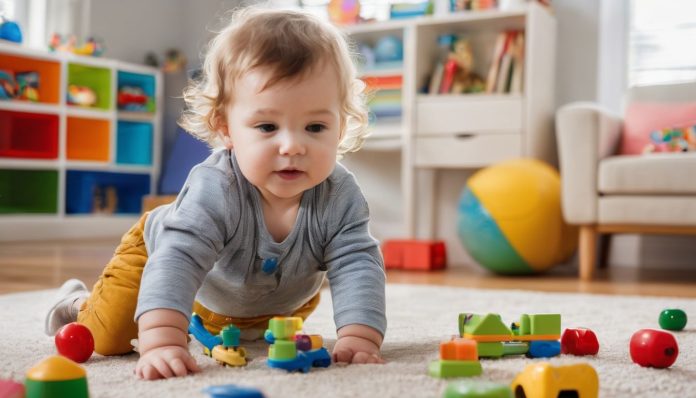Research in child development tells us that most toddlers usually master counting up to 10 around their second birthday. Now, let’s jump into understanding at what stages toddlers develop their number skills and how we as parents, can joyfully support them in this fun ride of learning!
Summary
- Toddlers usually start counting up to 10 between the ages of two and four. Some can begin as early as 18 months, while others may be closer to four years old.
- Counting helps improve toddlers’ cognitive development, math skills, and language abilities. When they learn to count, they also learn number recognition and order.
- Parents can help their toddlers learn to count using methods like rote counting, fun games, songs about numbers, and real-world counting experiences in daily routine activities.
- Teaching toddlers how to recognize numbers is important for their future academic journey. Every child has unique milestones, so parents should provide nurturing guidance at a comfortable pace.
When Do Toddlers Start Counting?
Your toddler’s counting journey often begins between the ages of two and three. However, bear in mind this varies from child to child. Around this time, they start developing initial number sense and recognition – the stepping stones towards counting to 10. It’s an important milestone, similar to learning colors.
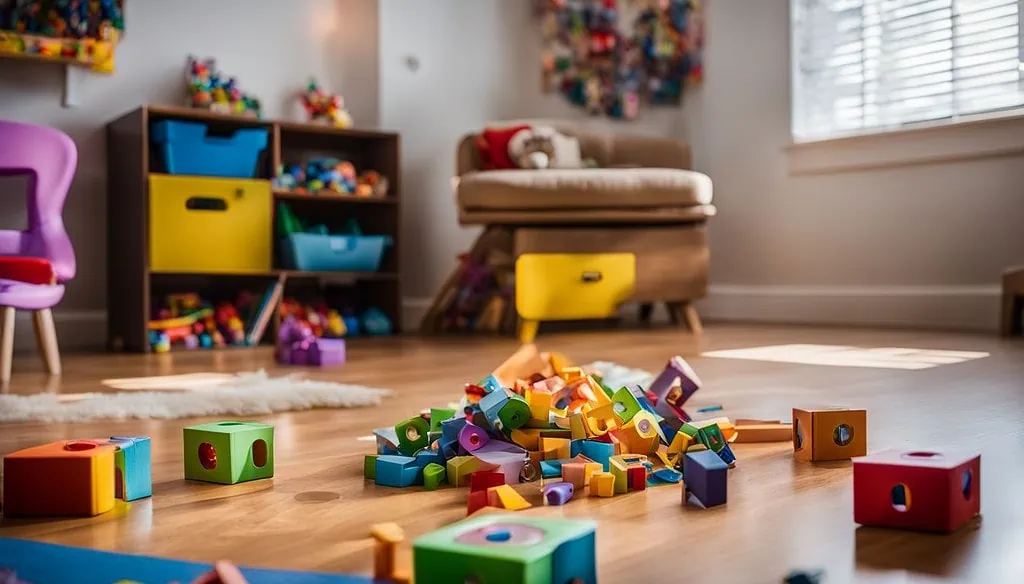
Typical age range for counting to 10
Most toddlers develop the ability to count to 10 between the ages of two and four. Around their second birthday, children typically start demonstrating early number sense by counting from one to two.
This counting progression gradually extends as they grow older. When a child turns three or reaches 36 months, you can expect them to rattle numbers up to 10 confidently.
However, every child is unique with their own pace in grasping mathematical concepts or enhancing their numeracy skills. Consequently, it’s not uncommon for some kids to master this important counting milestone slightly later than others, even if they are four years old when they accomplish it!
Individual variations
Every toddler moves at their own pace when it comes to counting abilities. Just as they develop motor skills and speech differently, variations in numeral understanding are quite normal, too.
Some toddlers might start recognizing numbers by age one, while others may take a little longer.
Parental support plays a significant role in helping accelerate this progress. Naturalistic interactions like pointing out numbers during daily activities or playtime can significantly affect their number operations comprehension.
Parents need to realize that each child has unique milestones and for them not to rush the process but to provide nurturing guidance instead.
Importance of Counting for Toddlers
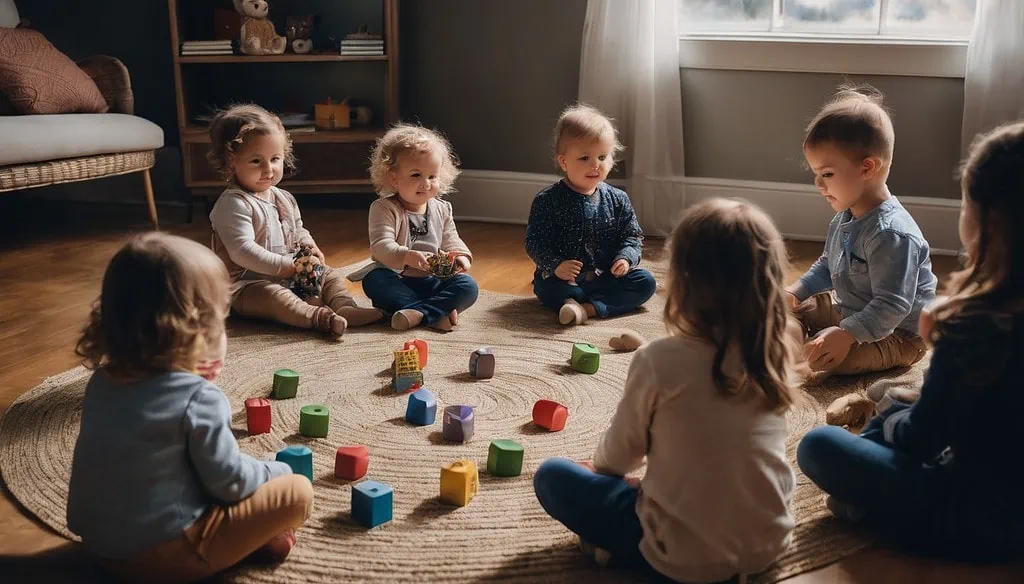
Counting is pivotal in your toddler’s cognitive development, laying the groundwork for mathematics and language skills. Not only does it enhance their numeracy abilities, but it also aids in comprehending number concepts and sequences.
Leveraging everyday situations to introduce counting can significantly boost this early learning process, supporting speech, language development, and early childhood education objectives.
Cognitive development
Learning to count boosts cognitive development in toddlers. It stimulates the brain and fosters numeracy skills necessary for future math success. Infants as young as 18 months old can begin recognizing numbers, paving way for early number learning.
Children should ideally match one to ten with corresponding items by four to six years of age, signaling a solid understanding of numbers. Not only does counting enhance mathematical cognition, but it also contributes significantly to language development as toddlers start associating numerical sounds with symbols.
Teaching your child how to recognize and count numbers is essential – not just for their academic journey ahead but also for fostering number concepts and a sense of orderliness from an early age.
Mathematical foundation
The mathematical foundation toddlers gain from counting is critical for their overall cognitive development. As they learn to count, this foundational skill primes their brains for more complex math concepts.
It’s not just about memorizing number sequences but about understanding numeracy and other basic principles of mathematics. By honing these early numeracy skills, children are laying the groundwork for future mathematical abilities, which will be essential throughout their educational journey and beyond.
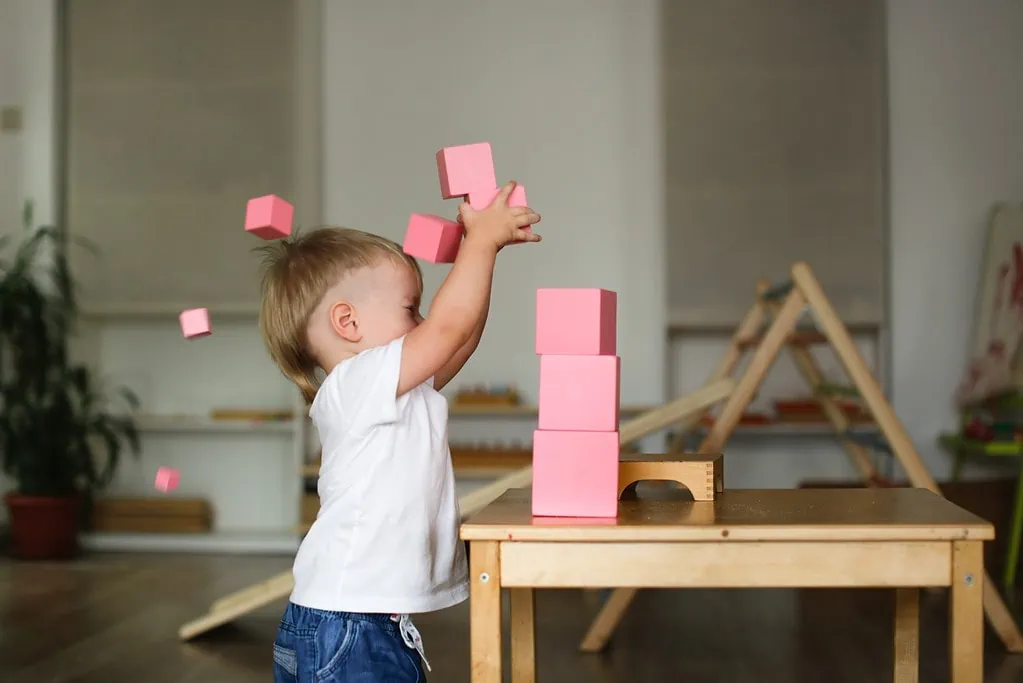
This progress in preschool education cultivates a better comprehension of numerical recognition as an important part of developmental growth.
Language development
Language development and counting skills go hand in hand for little ones. As toddlers start to recognize numbers, they also begin to understand the meanings of words used in counting sequences.
Speaking numeric terms out loud helps reinforce their speech and language development. Just imagine your toddler pointing at two apples while saying “two”! Not only are they recognizing the number but also figuring out that ‘two’ is associated with a couple of items.
This intertwining of early numeracy skills and language can be an exciting stage in cognitive development for your child. It’s like watching puzzle pieces falling into place as both linguistic comprehension and articulation improve alongside counting abilities.
Tips to Help Toddlers Learn to Count to 10
You can use several effective tips to help your toddler learn to count up to 10. Be it through rote counting, which involves repetition and memorization, or by engaging them in exciting games and activities that incorporate counting.
Singing songs or rhymes about numbers can be especially fun and memorable for toddlers while fostering number recognition. Incorporating real-world experiences like counting the number of apples in a basket or cars passing by on the street can also contribute significantly in reinforcing their numeracy skills.
Each strategy provides a unique way for your child to better comprehend numerical concepts and makes learning enjoyable.
Rote counting
Rote counting plays a crucial role in your toddler’s development. Here’s how:
- It acts as the foundation for learning number sequences: Rote counting equips your child to understand and remember the sequence of numbers.
- It provides ample practice opportunities: Children strengthen their familiarity with numbers and their order through repetition.
- It helps them apply their knowledge in various situations. As kids master rote counting, they can use this skill in different settings and scenarios.
- It supports the individual pace of learning: Given that children tend to learn to count from 1 to 10 by age four, rote counting allows for variations in development rates.
- It leads to understanding one-to-one correspondence: With rote counting, toddlers as young as two can start aligning objects with respective numbers—an important mathematical concept.
Games and activities
Engaging your toddler in games and activities is a fun and effective way to help them learn to count to 10.
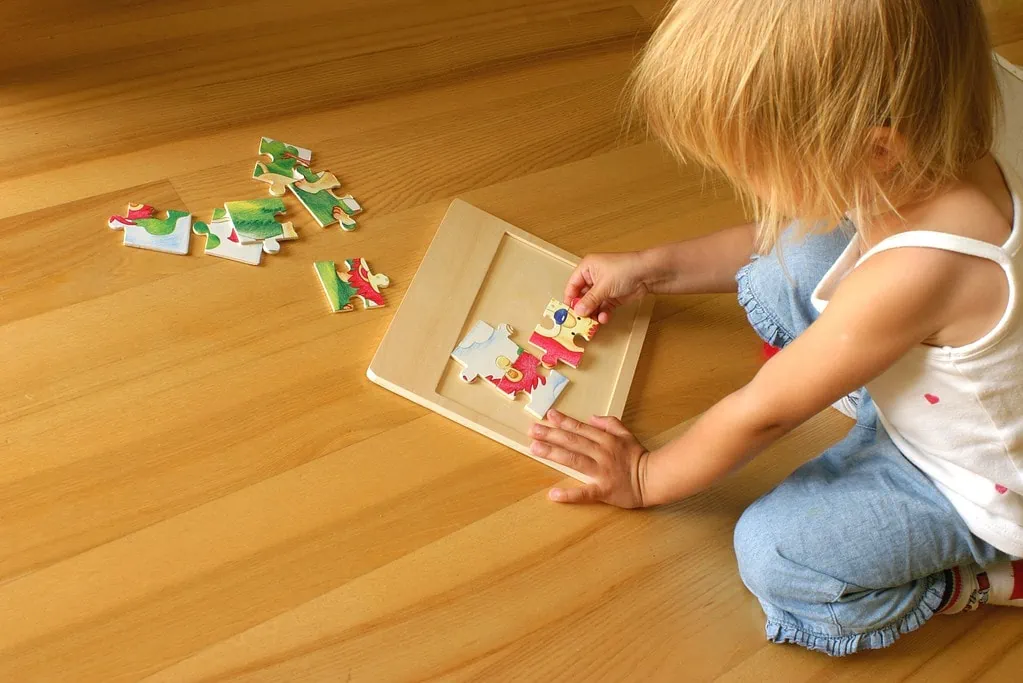
Here are some practical suggestions:
- Play hide and seek: Make it more numeracy-focused by counting out loud together before starting the game.
- Use number puzzles: These often have pictures associated with the numbers, which can help your child forge connections.
- Incorporate counting into playtime: Counting toys as you tidy up or even steps as you go up the stairs can reinforce numeracy skills.
- Sing nursery rhymes involving numbers: songs like “One Two Buckle My Shoe” or “10 Little Monkeys Jumping on the Bed” make counting enjoyable.
- Try baking or cooking together: This enables your child to count ingredients, leading to an understanding of how numbers relate to quantity.
- Use themed counting books: These books cater to children’s interests while teaching them about number recognition and counting.
Songs and rhymes
Songs and rhymes play a significant role in developing early numeracy skills in toddlers. Here’s a list of suggestions:
- Select songs with simple counting lyrics, like “One, Two, Buckle My Shoe” or “Ten Little Monkeys.”
- Use your fingers to count along while singing, which reinforces number recognition.
- Nursery rhymes offer easy opportunities for toddlers to practice counting, especially those featuring numbers.
- Engage in actions or movements that correspond with the numbers in the song, enhancing their cognitive development.
- Remember to stay consistent and make these songs part of your daily routine; consistency fosters math readiness in preschool learning.
- Circular games often incorporate counting principles; examples include “Duck Duck Goose” or “Ring Around the Rosie.”
Real-world counting experiences
Incorporating real-world counting experiences into daily routines is essential in developing early math skills and number recognition among toddlers. Here are a few ways to do so:
- Involve your toddler in simple household chores like setting the table. Ask them to count the plates or forks they’re placing.
- Turn snack time into an interactive learning session by asking your child to count pieces of fruit or cookies.
- Encourage counting during playtime with toys with numbered parts or while stacking blocks.
- Use outdoor activities such as counting steps on a walk, leaves in the park or cars passing by to stimulate their mathematical understanding.
- Integrate counting into your bedtime routine by counting storybook characters or stars on a night lamp.
- Implement counting during bath time through water toys or bubbles.
Embracing early counting skills is a milestone of toddler development. As they walk in the world around them, toddlers gradually emerge as little counters, often reaching this milestone of counting to 10 between their second and fourth years.
Enriching your child’s environment with numbers and engaging in numeracy activities enhances their cognitive and language capabilities. The journey towards numeric mastery holds fascinating transformational encounters for you and your toddler!
